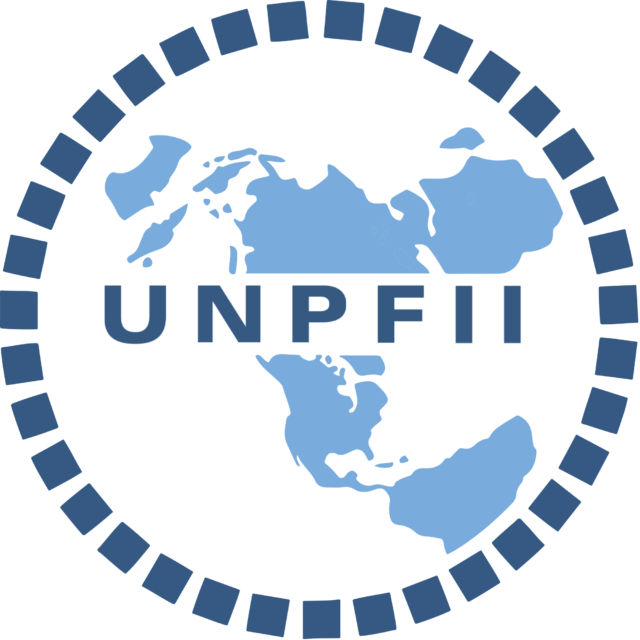Committee Overview
The United Nations Permanent Forum on Indigenous Issues (UNPFII) was created in 2000 because many Indigenous people have faced unfair treatment and discrimination. It is one of the few UN groups focused specifically on the rights and needs of the over 370 million Indigenous Peoples. The Forum talks about important topics like human rights, protecting Indigenous cultures, improving health care, and supporting economic and social development for Indigenous communities. The Forum has 16 members. Half are chosen by governments and the other half are picked by Indigenous groups. Government-nominated members come from five UN regions (Africa, Asia-Pacific, Eastern Europe, Latin America and the Caribbean, and Western Europe). Members chosen by Indigenous organizations represent seven Indigenous regions around the world, including Africa, the Arctic, Asia, North America, the Pacific, Central and South America and the Caribbean, and Eastern Europe. While the Forum cannot make laws, it gives important advice, helps shape UN policies, and works to promote the UN Declaration on the Rights of Indigenous Peoples. Every year, the Forum meets in New York to talk about major issues affecting Indigenous communities around the globe.
Topic A: Preserving and Revitalizing Indigenous Languages
Indigenous communities often face unfair treatment and discrimination. One prevalent issue facing such communities is the loss of native languages. Around the world, approximately one language disappears every two weeks. Language is more than just a way to talk; it helps people stay connected to their culture. When a language is lost, a piece of that community’s culture and identity disappears too. The “United Nations Declaration on the Rights of Indigenous Peoples” states that Indigenous people have the right to keep their languages, stories, traditions, and names alive. Article 13 of the declaration specifically protects this right. There are about 6,000 Indigenous languages in the world, and many are at risk of disappearing. Delegates in the United Nations Permanent Forum on Indigenous Issues (UNPFII) must help protect and promote these languages. This means making sure they are taught in schools, spoken in communities, and celebrated, so they are not lost forever. Modern technologies and other investments in preserving linguistic traditions can be used to help protect languages at risk of going extinct.
Topic B: Protecting Indigenous Rights in Renewable Energy Projects
Climate change is a serious problem that is only getting worse. To counteract it, many countries are switching to clean energy sources like wind, solar, and hydro power. These are called renewable energy sources, and they can help lower pollution levels and overall protect the planet. Clean energy is important, but it must be implemented in the correct way. Many renewable energy projects are built on or near Indigenous lands. These projects use a lot of land and may sometimes harm the environment and the people who live there. Some problems which Indigenous communities face include being forced to move, losing their land, having water sources polluted, and seeing sacred places destroyed. If these projects ignore the rights of Indigenous people, it can cause serious harm to local communities and may even cost millions of dollars in delays. A study in 2021 showed that when projects do not consider the locals, they may lose up to 40 million USD. Delegates in this committee should think of renewable energy projects as not only a tool to mitigate climate change, but also as vehicles to potentially empower Indigenous communities.

